The digital transformation of libraries in many developed countries has taken place early and successfully with many valuable lessons learned. The IFLA/UNESCO Digital Library Declaration has identified: "Narrowing the digital divide is a key factor in achieving the United Nations Millennium Development Goals. Access to information and media resources supports health and education as well as cultural and economic development". More than ever, digital transformation of the library industry along with promoting the development of digital libraries has become one of the important factors promoting scientific, educational, cultural and economic development, creating an environment and means to support lifelong learning. Therefore, developed countries have long been interested in digital transformation in libraries.
According to Dr. Vu Duong Thuy Nga - Former Director of the Library Department (Ministry of Culture, Sports and Tourism), although the library industry in our country has a digital transformation program approved by the Prime Minister , a number of ministries, branches and localities have also developed implementation plans and have actually implemented some contents, there are still many shortcomings such as: Limitations in technology infrastructure and resources; Difficulties in digitizing old and rare documents; Lack of synchronous support policies...
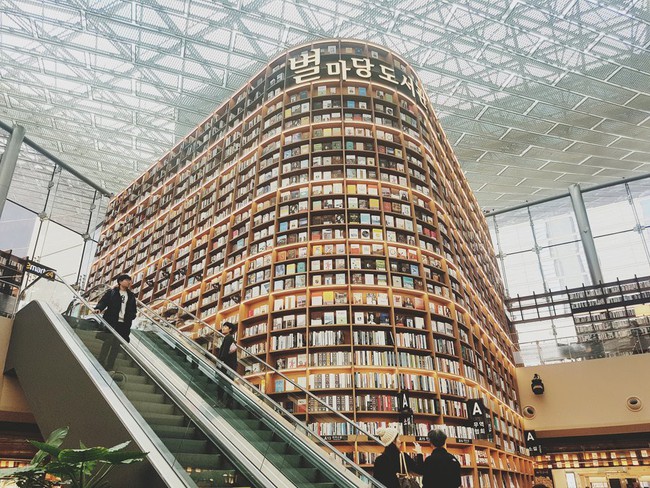
National Library of Korea
Thereby, Dr. Vu Duong Thuy Nga believes that, in order for digital transformation to be implemented more effectively, Vietnam can learn some experiences from countries around the world such as: To successfully transform libraries, there needs to be proper and systematic investment in infrastructure and digital platforms. In Korea, the Korean Digital National Library Project, implemented since 2002 with a total budget of more than 102 million USD, was launched in 2009 in Seoul. With more than 264 million digitized documents from more than 800 libraries and international organizations, the Korean Digital National Library is not only an archive center but also a powerful digital knowledge sharing platform that provides free access to Korean citizens aged 16 and over, including books, magazines, newspapers, movies, audio and academic documents.
Expanding digital resources and open educational materials (OER) must be rich, high quality, and openly licensed. This is both a solution and an experience that needs to be considered in implementing the European Union's Digital Library Project Europeana, which has digitized millions of books, pictures, videos, and maps from more than 3,000 libraries and museums. The Europeana Digital Library, launched in 2008, helps connect Europe's cultural heritage with the present and the future, supporting education, research, and innovation based on an open cultural platform. Resources are provided by more than 3,500 cultural organizations from more than 30 countries, including the French National Library, the British Library, the Rijksmuseum (Netherlands), the Louvre Museum, the Goethe Institute, etc. The Europeana Foundation, under the auspices of the European Commission, manages the project. The Europeana Digital Library digitizes and provides open access to Europe's cultural and historical documents, providing free access to over 60 million digitized documents.
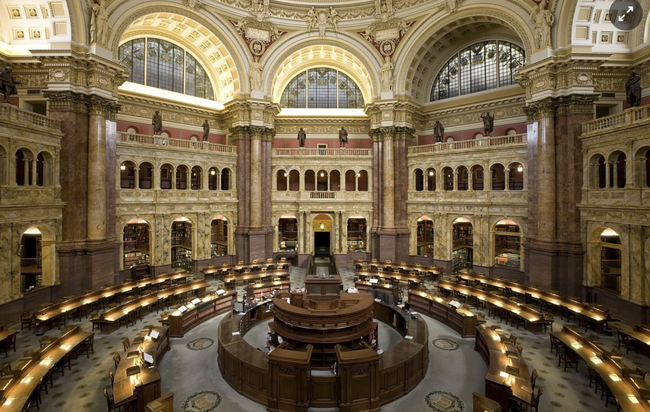
Library of Congress
In addition, digital library transformation focuses on users and digital experiences. With the concept of user-centered libraries, many libraries have implemented digital transformation activities towards users. Typically, the US Library of Congress has built a friendly, easy-to-use search interface for all ages; Integrating artificial intelligence and text recognition technology (OCR) to serve digital document searches and providing features such as: online reading, content suggestions, smart search by keywords, topics, etc.
Promoting domestic and international cooperation in digital library transformation. The World Digital Library (WDL) is an international cooperation project initiated by the US Library of Congress, in collaboration with UNESCO and cultural organizations, more than 100 libraries, museums, and universities from more than 80 countries across continents. WDL was launched to expand access to global knowledge, while promoting cultural diversity and human intellectual heritage.
In addition, digital transformation of libraries is linked to the preservation of cultural heritage. This is a trend that many libraries are interested in implementing. For example, the National Library of France (BnF) has digitized rare books, ancient manuscripts, music scores, and maps, helping to preserve heritage while simultaneously disseminating them to the public and applying handwriting recognition technology (HTR) to convert handwriting into digital text. By doing this, digitization not only serves the purpose of searching and exploiting, but also helps preserve the knowledge of humanity and the nation for a long time./.
Linh Linh (Source: BVHTTDL)
Source: https://svhttdl.thanhhoa.gov.vn/van-hoa/chuyen-doi-so-thu-vien-kinh-nghiem-quoc-te-va-goi-mo-cho-viet-nam-1009949


![[Photo] Joy on the new Phong Chau bridge](https://vphoto.vietnam.vn/thumb/1200x675/vietnam/resource/IMAGE/2025/9/28/b00322b29c8043fbb8b6844fdd6c78ea)

![[Photo] The 4th meeting of the Inter-Parliamentary Cooperation Committee between the National Assembly of Vietnam and the State Duma of Russia](https://vphoto.vietnam.vn/thumb/1200x675/vietnam/resource/IMAGE/2025/9/28/9f9e84a38675449aa9c08b391e153183)
![[Photo] High-ranking delegation of the Russian State Duma visits President Ho Chi Minh's Mausoleum](https://vphoto.vietnam.vn/thumb/1200x675/vietnam/resource/IMAGE/2025/9/28/c6dfd505d79b460a93752e48882e8f7e)

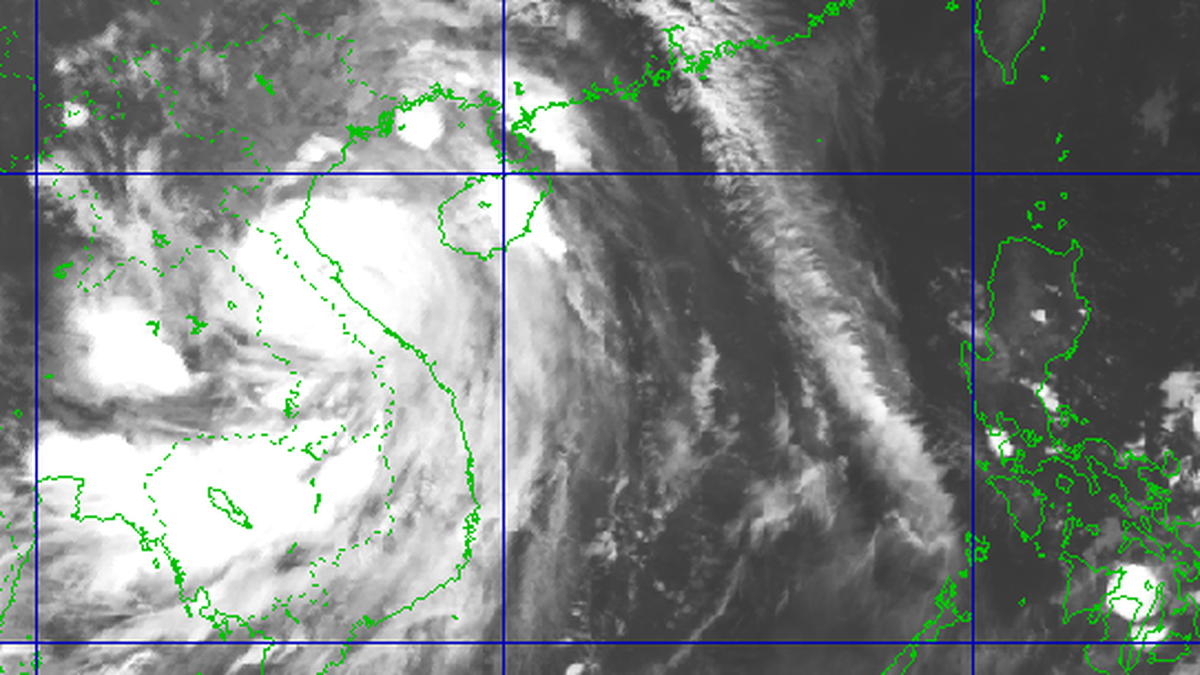


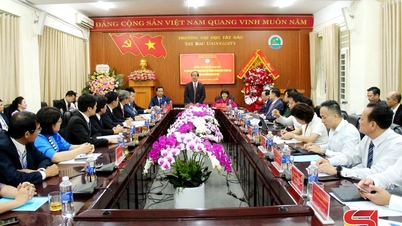

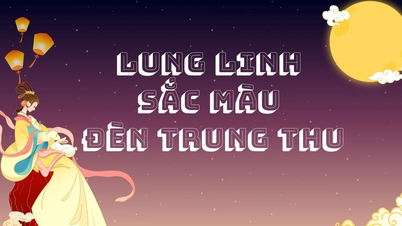

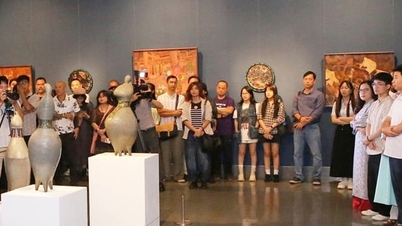


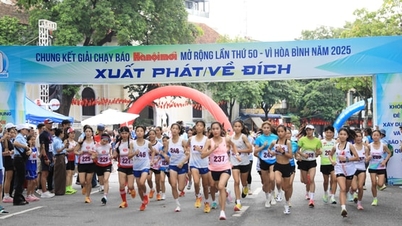




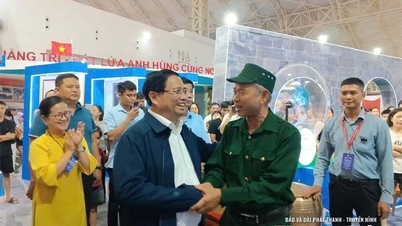
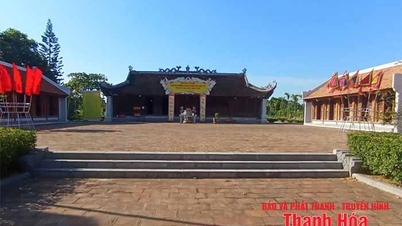


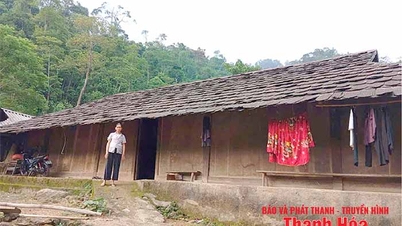




























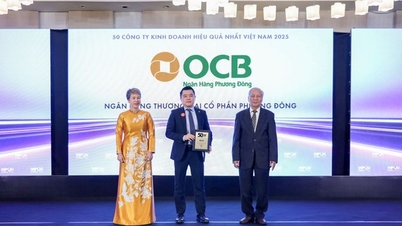




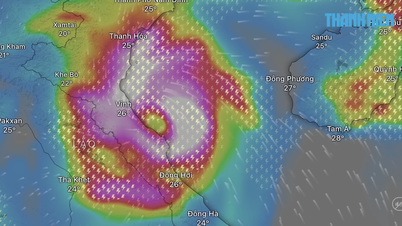















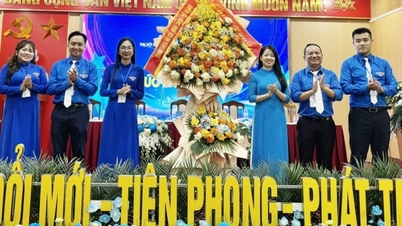
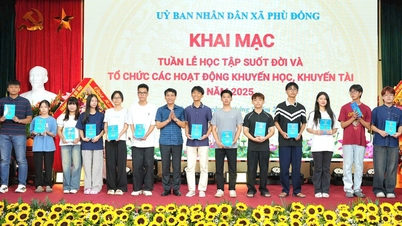
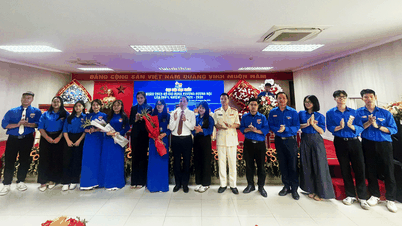
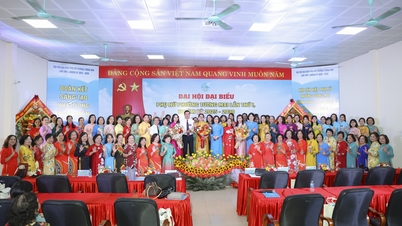












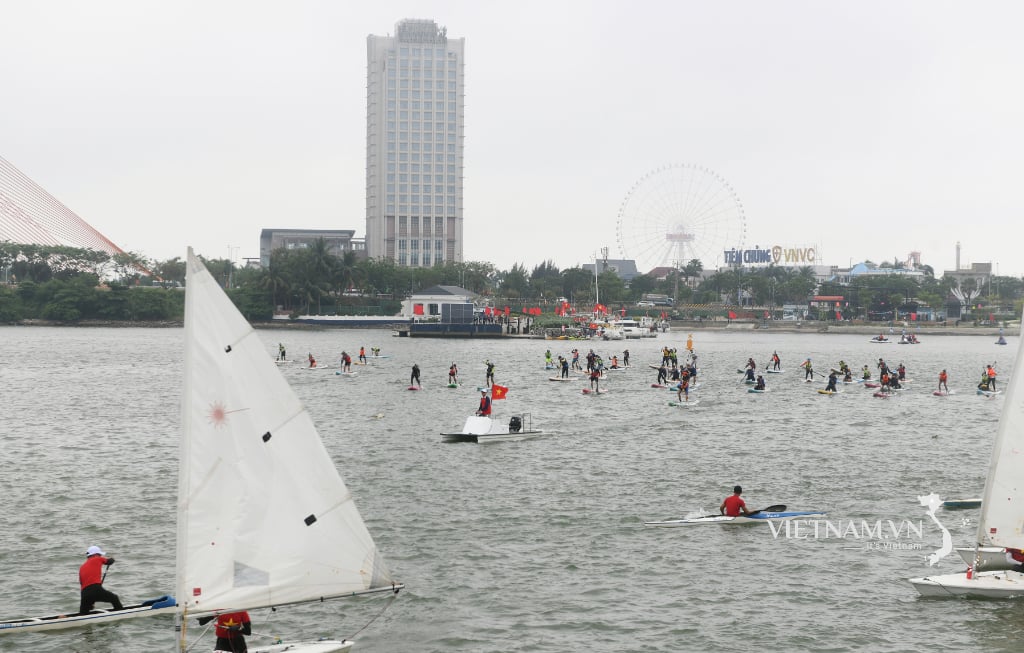

Comment (0)